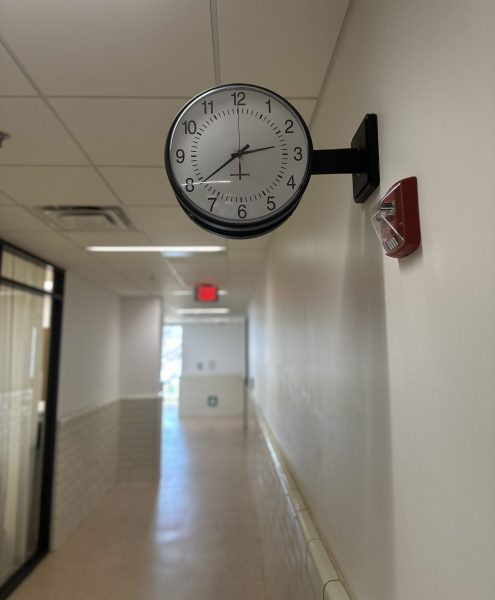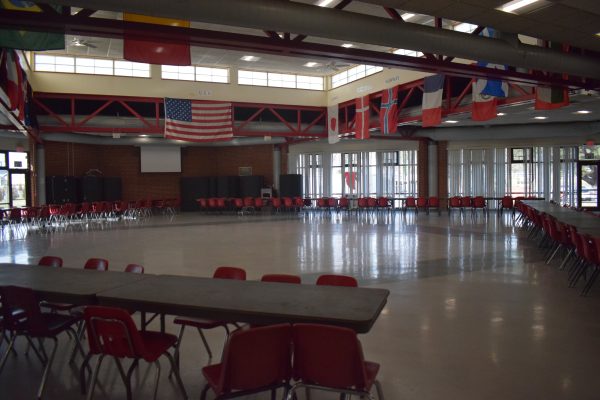The Problem of the 21st Century
Historically, the people who have had it the worst in American society have always been people of color, and more specifically, African Americans. A fairly strong case could be made that African Americans have suffered the most out of any race in American history. From slavery in the early days of America to the systemic racism that followed, African Americans have been put through a plethora of types of racism over the years. Despite the opinion of some, these problems are still very prevalent today in many ways.
W.E.B. DuBois said, “The problem of the twentieth century is the problem of the color line.” What this quote means is that due to people’s visual differences, problems will arise due to lack of insight about people’s beliefs and personalities in favor of taking them at face value due to the color of their skin.
DuBois could not have been more correct, as the prediction that this quote made was immediately shown to be true in the years following the passing of the Civil Rights Act of 1964. Even after the African Americans were given all of their rights, they were and still are mistreated to this day due to the people who are too stubborn to learn and change their opinion.
I have experienced this stubbornness firsthand living in a mostly conservative environment, hearing things from my peers about how African American people are “natural born criminals” and “not as smart as other races.” However, the only reason that they are perceived this way is due to continued miseducation which has led to racism in our society. Racism can also be subliminal, with terms such as blackbook, blackmarket, and blacklisted all having a negative connotation whilst the word Black is also associated with African Americans.
What exactly is systemic racism? The Cambridge Dictionary definition states, “policies and practices that exist throughout a whole society or organization, and that result in and support a continued unfair advantage to some people and unfair or harmful treatment of others based on race.” To put it simply, systemic racism can be found in many large corporations, institutions, and systems as somewhat of a loophole to make the lives of African Americans and other people of color more difficult than other U.S. citizens, even if said corporations and institutions publicly insist that they support equality and fairness.
One big example of this is the fact that, in a study done by the U.S. Federal Reserve, it was found that the typical white family has eight times the wealth of the average African American family in America.while African Americans only have 2.6% of the wealth despite the wildly popular claims that “anyone can be successful if they work hard enough.”
Another very prevalent example is that according to the U.S. Bureau of Prisons, nearly 40% of the U.S. prison population is African despite the fact that African Americans only make up around 13% of the U.S. population. Many like to misinterpret this statistic and claim that it is because African Americans commit more crimes, however it is very largely due to the fact that police patrol African American neighborhoods for crime a lot more than they do for white neighborhoods, which leads to more arrests of African Americans.
These differences in poverty and imprisonment rates are in large part due to a now illegal practice called redlining which was use throughout the 1930’s. Redlining involved deeming certain neighborhoods “hazardous” and withholding services from said neighborhoods. As a result of it’s subjective nature, this practice was almost exclusively used to force people of color into horrible living conditions that were extremely difficult to move out of.
African Americans are also much more likely to be arrested and incarcerated for the crimes that they commit compared to white people, who are much more likely to be let go or be given a lesser sentence in prison.
Despite all of the work that has been done over the years to bring true equality to America, there is still much to do in the way of actually improving our country. African Americans have been facing these problems since they were first wrongfully brought here to be enslaved. It would be foolish to assume that the problems presented in this essay could be fixed overnight, especially when there are still people alive today who remember the original Civil Rights Movement. However, the drastic amount of attention brought to movements like Black Lives Matter are a very large step in the right direction towards bringing national and world wide attention to problems such as systemic racism. This has put a glimmer of hope in the people of America’s eyes that one day we can truly achieve total equality in America.
Thanks for reading The Falconer. We're happy to provide you with award-winning student journalism since 1963, free from bias, conflicts of interest, and paywalls. We're able to continue with the generous support of our local community. If you're able, please consider making a donation. Any amount is incredibly helpful and allows us to pursue new and exciting opportunities.

Hey there, I’m Jish! I am a senior and taking Journalism I. I have all kinds of hobbies, but music is my forte. I enjoy listening to all types of music...









